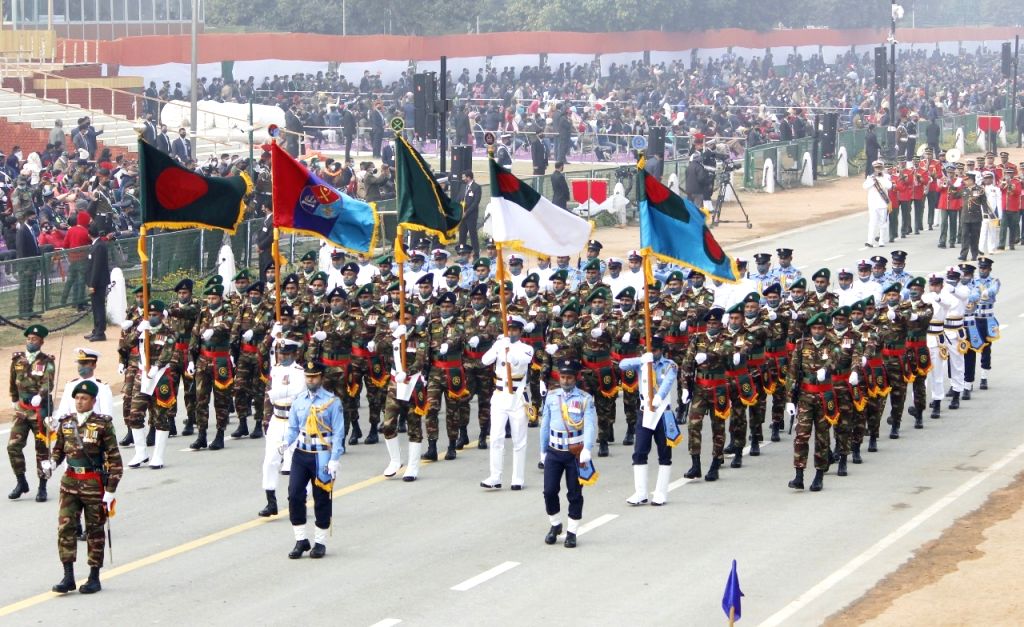
The 72nd celebration of Republic Day at India Gate was at a different horizon than before.
This Republic Day was celebrated just after partial unlocking of lockdown due to the Corona Pandemic. The celebration witnessed almost zero participation of foriegn guests including withdrawal of invitation of Chief Guest British PM Boris Johnson. Traditionally the Parade coveres 8 Km from Rashtrapati Bhavan to Red Fort , but in the wake of pandemic it was restricted to 3 Km terminating at National Stadium. The marching contingent’s size was reduced from 144 to 96 and the number of spectators were limited to Twenty Five Thousand instead of One Lakh Twenty Five Thousand.
Historically, a Bangladeshi contingent participated in the Republic Day March Past at Rajpath commemorating 50 Years of India-Bangladesh solidarity in Bangladesh Liberation war. The war culminated into partition of Pakistan and birth of new nation Bangladesh.The golden Jubilee celebration in year 2021 will bring past memory afresh to the Indian and Bangladeshi psyque.
This very day is also remembered for the unprecedented Farmer’s tractor rally in the national capital. The farmers protest is the continuation of their struggle against three Farm Laws passed by the Parliament in September 2020. The violence in the National Capital and the flag hosting by the hooligans on Red Fort is very condemnable act and weakens the peaceful protest of farmers.
It may be noted that the three Farm Laws, Farmers’ Produce Trade and Commerce (Promotion and Facilitation) Act, 2020, Farmers (Empowerment and Protection) Agreement on Price Assurance and Farm Services Act, 2020 and Essential Commodities (Amendment) Act 2020 are the bone of contention between Protesting farmers and the Government of India.
The protesting farmers are from Punjab and Haryana which are the major cereal producing states. The farmers from these states are selling more than 65 percent of their produce to APMC(Agricultural Produce Market Committee) or Mandi. The farmers are having major apprehension about their bargaining ability with Giant Corporate Traders.
In the contentious farm laws, the appellate authority is the highest fora for appeal and the aggrieved farmers can not go to the court in case of violation of their contractual obligation by the agricultural traders. So, The protesting farmers are demanding Minimum support Price guarantee from the government.
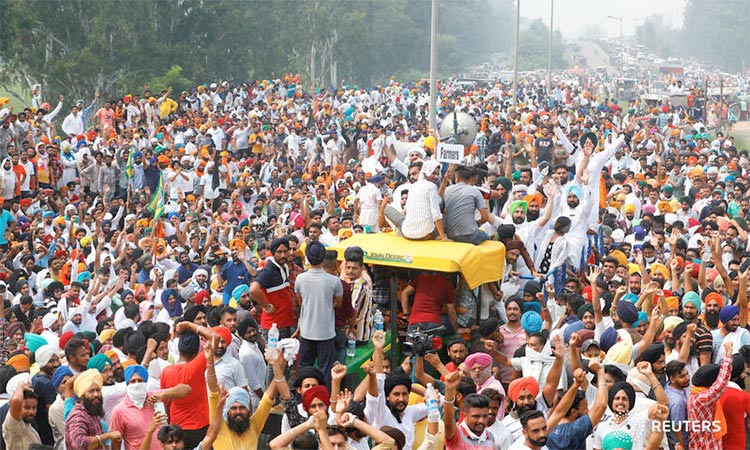
Due to implementation of new Farm Laws farmers across the nation are facing a new set of problems on the ground. Recently 150 farmers were allegedly defrauded of more than Rs 5 crore by two trader brothers from Dewas of Madhya Pradesh. These traders has gone door to door and promised better prices under the new farm laws in comparison to APMC. It seems that protecting innocent farmer’s interest is practically very daunting task. The remedies and mechanisms available under the Farm laws seems inadequate to help the Indian farmers.
There is apprehension that food commodities prices will become corporate commodities and the government is giving up its duty to control the essential commodities prices within the permissible inflation capability of ordinary indian citizens.
On the other hand, the Central Government is claiming that the new Farm laws are gamechanger and will give better prices to the farmers. Prime Minister Shri Narendra Modi on 20th September 2020, claimed in the parliament that the new bills were a watershed moment in the history of Indian agriculture and further emphasised that the promises made by various political parties are fulfilled in the new Farm Laws.
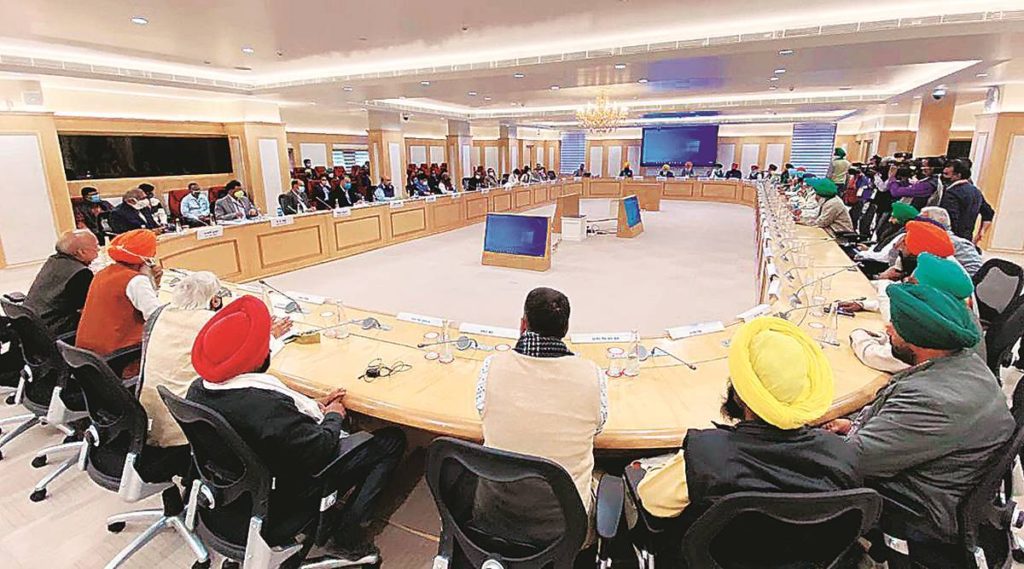
Total eleven rounds of talks had taken place, but to no avail as the main contentious issues were not agreed upon. On the one hand, farmers are firm on the repeal of all the three farm laws and also want legal guarantee on MSP. On the other hand, the Government, except repeal of farm laws, is open to talk on any clause and removal of alleged deficiency, if any.
Two positive outcomes of talk have come so far, first the Centre agreed to exempt farmers from heavy fines for crop-residue burning as provided for in an anti-pollution ordinance and second, agreed to continue the current mechanism of providing subsidised power for agricultural use.
The farmers held the center’s ego responsible for the failure of talks and not in mood to end their agitation and so there is stalemate between both parties. The government on the other side said that farmers are misinformed and misguided.
Allegations by agitating farmers and opposition parties which are regularly countered by the ruling central party brought bad name and repute to the country as the Tractor rally and subsequent violence erupted just after Republic Day celebration in the National Capital and NCR.
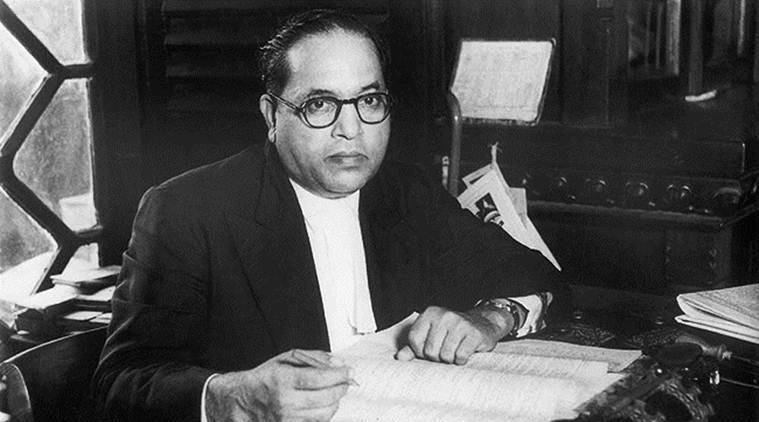
The President of India, Shri Ramnath Kovind, in his address to the nation on the eve of Republic Day, talked about the ‘Constitutional Morality’ by giving reference of Dr Bhim Rao Ambedkar’s Speech in Constitutional Assembly on 4th November 1948.On the occasion, Baba Saheb said that we must believe in achieving our social and economics objectives through the constitutional methods. The constitutional morality requires conflicting parties to reconcile their differences by constitutional means.
The farmers agitation, since enactment of farm laws must come to a logical end on a positive note. The demands of the farmers must be given firm assurance about resolution of their legitimate apprehension. The protest can not be continued for an indefinite period. Our constitutional values, principles and ethos are supreme and contesting parties must take reconciliation measures to resolve their differences to strengthen democratic values and they must respect constitutional morality outlined by our great leader and the chief architect of Indian constitution Dr Bhim Rao Ambedkar.

– Dinesh Kumar
The author is an officer in SAIL.
The views expressed by the author is personal.
